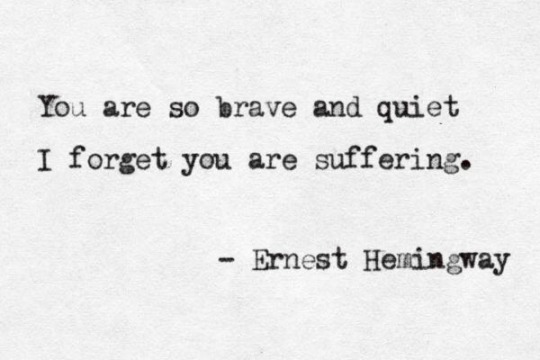This week I want to give some guidance to parents whose children are dealing with mental health problems, how to approach them and help them cope. I think it is interesting to talk about it from my point of view, because the depression and eating disorders that I’ve had my family isn’t really aware of even now, since I never managed to tell them the truth. I was always too scared of what my family would think, I was scared they wouldn’t understand and couldn’t help. But what I was scared of the most, was telling them the “truth”, when depression hit me, I felt that I was a burden to my family and that they’d better be off without me, and so it was one of the biggest factors in me “deciding” not to tell them about how I felt- “because they already know I am a failure”. So this time, talking from my own experience I want to give you top 5 tips on how you can help your child who might be secretly fighting with their inner demons. 
- Always be ready to listen and listen closely. Sometimes we want to talk about our troubles but don’t know how. There’s a large trend these days saying “I am depressed” when you’re actually sad for a day or two, which makes us even more isolated. I remember how much I’ve struggled to find the right people to talk to. Therefore being a parent your child can rely on is one of the most important approaches.
- Sometimes talking about your own misfortunes from ‘back in the day’ also helps, it can often break the wall between not sharing the difficulties of each other’s lives to opening up and sharing the things that made you feel uneasy. By sharing your own misfortunate experiences it opens up the path, for a child to feel more comfortable telling you what they are going through, seeing that it is okay to fail and that failure does not define us.
- Also, there is a large stigma on teenager depression, classifying it as a temporary “thing” that will soon go away. And yes, maybe my depression went away as I left my teenage years, but if not all the support from others and my inner fight, I could have stayed in the teenage years forever. So even if your child is in his/her teenage years, don’t devalue their depression as less serious only because they have ‘less things to worry about’. Quite contrary, I would say teenage depression is very dangerous because your adult life is right in front of you and it can be very scary to step into a challenging adult life already feeling unworthy.
- Don’t compare their situation to someone else’s. The worst thing you can say is “some people have it worse”. Like I mentioned above, it is good to talk about some of your own difficult experiences and how you’ve overcome them, but don’t make it sound like you’ve had it worse and the child is not ‘liable’ feeling down because of their smaller troubles. If you tell them they have no reason/right to feel so bad because of something so small, this, in fact, can make your him/her even more depressed and feel like even a bigger failure.
- Always show them that you are here for them. This was a turning stone in my experience with depression, when at my very lowest my friend told me “I was always reading all the articles on how to help someone with depression, I’ve tried everything and being here for you all the time, but I am afraid that it looks like the demons are stronger than all the support I can offer you”. And she really was there for me all the time, and at that time these words hurt me so much, I’ve told myself “No, the bond between me and my friend is much stronger than me and my demons”. And ever since, I’ve tried a little harder everyday, knowing that she was there for me and she was doing her best to help me and it felt like there was actually someone out here who wanted me to be around them even though my mind was such as mess at a time.
After all, having a mental disorder is not easy neither on the child or a parent. However, it takes a great effort for one to admit that he/she has a mental disorder, and even more effort to try look for help in their parents. So if you see that your child might be struggling with something on their mind, show them that you care and understand, try approaching it with your own personal story, as this could be a good ‘ice breaker’ for a deep conversation.
By: Rai K, Anxiety In Teens Contributor